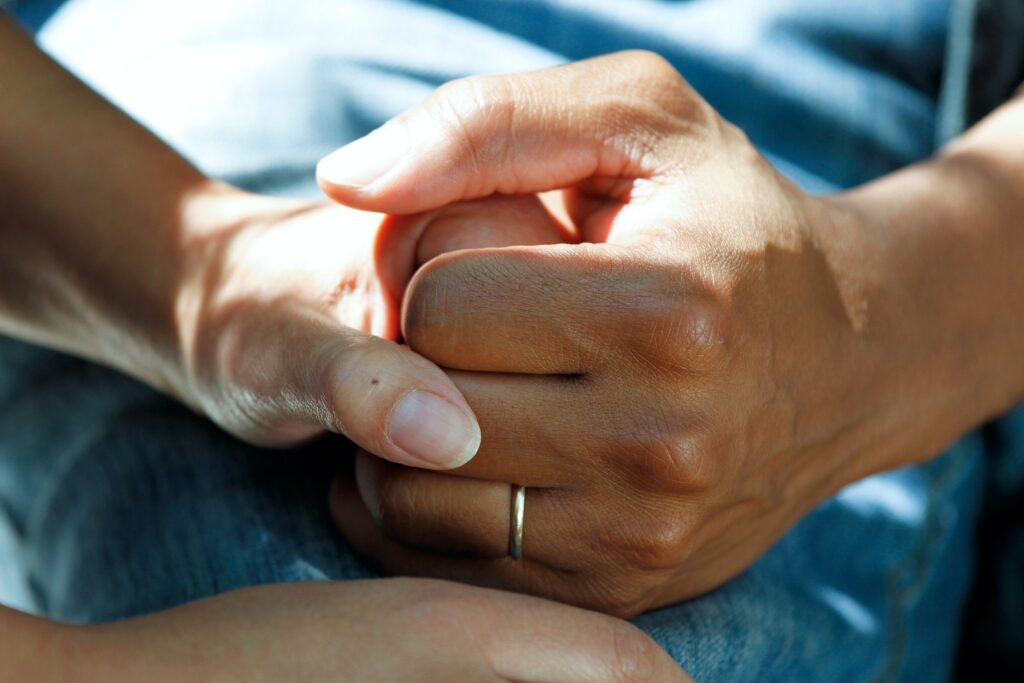Sex Trafficking: Beyond Victim Identification to Sustainable Rehabilitation
Sex Trafficking
The International Labor Organization estimates there are 50 million modern slavery victims around the world, with sex trafficking making up approximately 25% of this figure. As complex as this issue is, it also one of the world’s pressing issues. Many are shocked to learn that sex trafficking could be occurring in their own country, town, or city. It could be happening right in front of us. Women make up the most considerable portion of victims and women are also reported in some cases as perpetrators or helpers in trafficking other women into forced sex work. According to the ILO, the business of modern slavery globally generates $150 billion in profits. Polaris, a well-known non-profit organization that runs a national human trafficking hotline in the United States, reports how traffickers interact with the private sector to further their business. Such uses range from making bank deposits, using taxis for transportation,, hotel rooms used for sexual exploitation, and social media platforms to communicate with each other and find victims.
Survivor Rehabilitation
While there are estimates of the profits made through sex trafficking unfortunately, there are no exact figures on the rehabilitation of victims. Their housing, economic survival, health care, therapy, and recovery vary. Many report post-traumatic stress disorder and suffer from depression, anxiety, and substance abuse. In 2018, when I interviewed nine survivors in Myanmar who had been rescued the prior year from China, their stories were alarming. Each survivor reported having no home to return to as their relatives and families had disowned them out of shame. Since many survivors returned with children after forced and abusive marriages, they were shamed and chastised. Many survivors report living on the streets and working hard labor jobs to earn the income that they needed to live after their trauma. When I asked them about therapy or healthcare, all victims said no treatment or economic assistance was available to them.

My Experience With Kranti
An example of an organization that is promoting sustainable rehabilitation is Kranti, located in Mumbai, India. This organization is committed to rehabilitating girls born from situations of human trafficking, and promoting a long-term approach to victim support. Kranti, a Hindi word originally means revolution, and this organization is committed to its legacy name by changing one girl’s life at a time. At Kranti, the girls receive safe housing free of charge, therapy, classes, education, and opportunities to further their college education. Kranti has saved these girls from the streets and empowered and equipped them with values and determination to become civil and social activists within their communities. Girls become teachers teaching the Kranti curriculum in slum schools to teach hope and compassion to future generations.
This is an excellent example of how organizations can support women and girls to ensure that they have access to opportunities after they are rescued from human trafficking situations. Other examples include harnessing education, theatre, social justice, therapy, travel, and education to create awareness of the need for proper rehabilitation of victims. It is vital that all victim identification programmes and projects consider what will happen to the victims once they have been found, so this awareness raising and education is crucial to ensure long-term success.
I hope that centers like Kranti will spread worldwide, and victims receive the type of care and resources they need to heal, grow, and make a positive impact on our society. I encourage all organisations and individuals that are participating in victim identification activities to assess and evaluate how their work ensures the a sustainable approach to rehabilitation. We must look beyond counting victim statistics and take a more holistic approach to fighting human trafficking.
Author – Rosie Chawla
About the Author
Rosie Chawla works for UNESCO Center for Peace China Office as a peace and conflict curriculum designer and is currently a consultant to Human Trafficking.
In 2018, she had the opportunity to meet the founder of Kranti, and learn about their work. Since meeting them, she has consulted on Kranti’s work and supported them by arranging lectures, resources, and volunteering.

